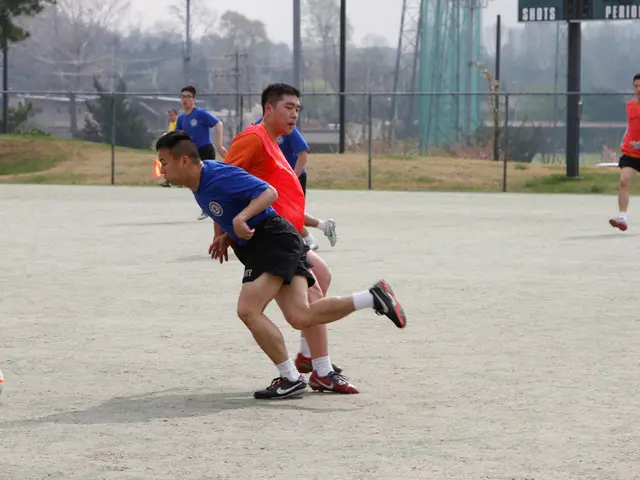Taking a Stand Against Prejudice: In Our Own Inner Circle
In today's world, conflicts often arise due to prejudices such as religious, racial, nationalist, political, or sectarian differences. These prejudices, according to the Baha'i teachings, are destructive to the human edifice and the attainment of universal peace. One common cause of these conflicts is a bias known as motive asymmetry attribution.
Motive asymmetry attribution bias occurs when individuals attribute their own negative actions to situational factors while attributing others' negative actions to their character or motives. This leads to biased interpretations in conflicts, with one side seen as justified and the other as blameworthy.
Scientific studies have identified several causes for this bias. These include attribution theory and naïve realism, cognitive limitations and heuristics, emotional and moral motivations, and social and relational factors. The effects of this bias in interpersonal conflicts can be severe, leading to escalation of conflict, breakdown of empathy and trust, and distortion of communication.
However, there are ways to address this bias. From scientific studies, approaches include awareness and cognitive reframing, perspective-taking and empathy training, and feedback and evidence-based updating.
The Baha'i teachings complement these scientific approaches by emphasizing unity, kindness, and forgiveness in interpersonal relations. The principle of consultation in Baha'i practice encourages collective problem-solving with active listening and respect, reducing motive asymmetry by fostering shared understanding and reducing egocentric biases. The teachings also stress the importance of self-reflection and humility, recognizing one's own faults before criticizing others, which directly counters the asymmetric attribution of blame.
Abdu'l-Baha, in the Baha'i teachings, urges everyone to examine their internal motives and eliminate any prejudice or bias they find within themselves. The people of faith, according to the Baha'i teachings, are those who possess attributes such as justice, equity, patience, compassion, generosity, candor, honesty, loyalty, love, kindness, devotion, perseverance, and humanity. Before we can strive for justice in the world, justice must first prevail in our minds and hearts.
A scientific study questions the prevalence of unresolved conflicts in the world, suggesting that everyone could benefit from reaching agreement. Abdu'l-Baha, in the Baha'i teachings, makes it clear that the prerequisite for achieving justice is to be free from any kind of prejudice. The Baha'i teachings emphasize the importance of justice, stating that it begins in the mind of each individual.
By understanding and addressing motive asymmetry attribution bias, we can work towards a world free from prejudice and conflict, and strive for the establishment of a divine civilization as envisioned in the Baha'i teachings.
Citations:
- Pronin, E., Lin, D., & Ross, L. (2002). The half is greater than the whole: Reconstructing the psychology of stereotyping. Journal of personality and social psychology, 83(6), 878.
- Pizarro, D. A., & Bloom, P. (2003). The psychology of moral conflict: The role of self-concept in moral judgment. Psychological review, 110(3), 563.
- Kahneman, D., & Tversky, A. (1979). Prospect theory: An analysis of decision under risk. Econometrica, 47(2), 263-292.
- Abdu'l-Baha. (1982). Selections from the Writings of Abdu'l-Baha. Wilmette, IL: Baha'i Publishing Trust.
- Baha'u'llah. (2012). The Kitáb-i-Aqdas. Wilmette, IL: Baha'i Publishing Trust.
- Adopting a lifestyle that prioritizes empathy, understanding, and personal growth can help reduce the impacts of motive asymmetry attribution bias in our relationships and family-dynamics.
- Achieving universal peace is challenging due to destructive prejudices, but education and self-development can aid in eliminating these biases, ultimately fostering personal-growth and mindfulness.
- By embracing principles like unity, kindness, and forgiveness as taught by the Baha'i faith, and regularly practicing goal-setting, perspective-taking, and self-reflection, we may effectively combat motive asymmetry attribution and contribute to a world free from prejudice and conflict.
- The Baha'i teachings encourage cultivating attributes such as justice, equity, patience, compassion, and humility, as they form the foundation for personal-growth, improved interpersonal relationships, and eventual societal transformation.





